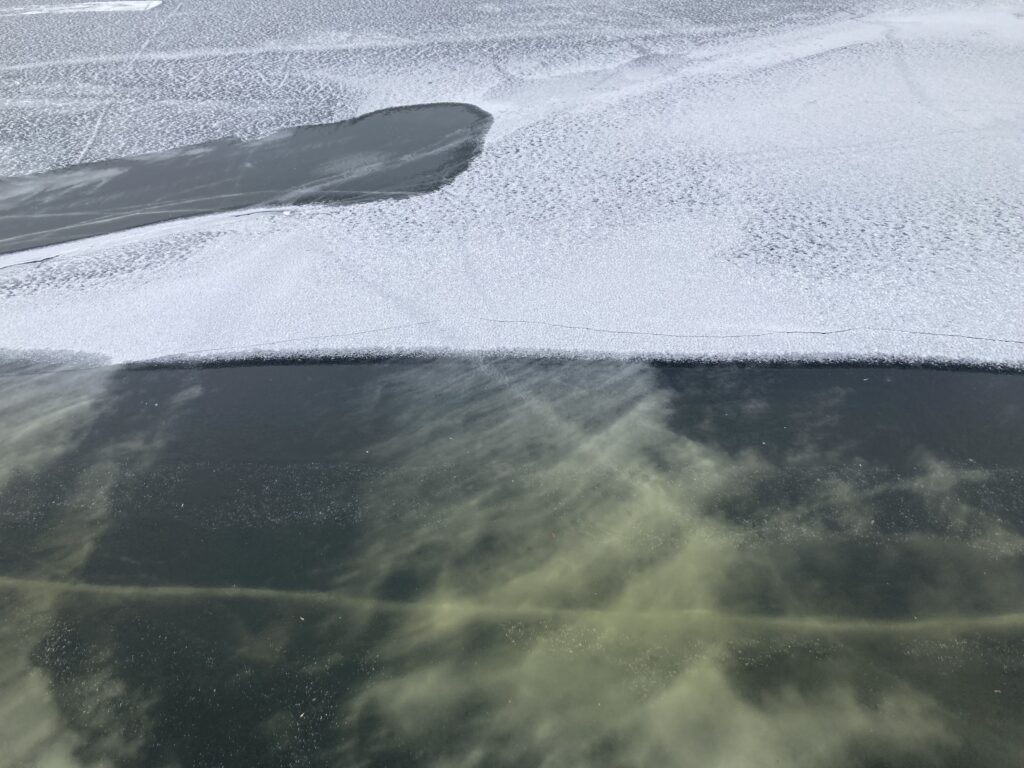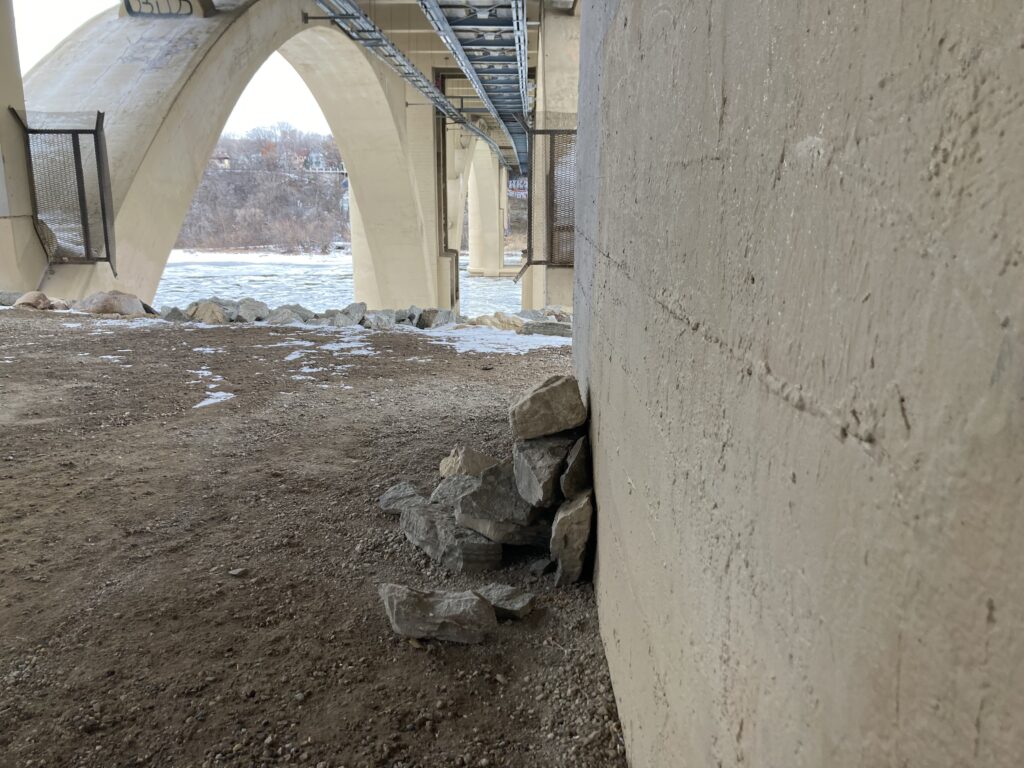4.2 miles
minnehaha falls and back
63! degrees
Last night, I read this on Instagram from a local weather blog: Thursday feels like spring, Friday like summer, and snow on Saturday. What? Reading more, the snow should be north of us. Instead, we’ll get thunderstorms. That’s March (and April, and sometimes May) in Minnesota. This morning does feel like summer: warm. I wore shorts and a short-sleeved shirt and a light-weight sweatshirt. Halfway, the sweatshirt came off. The falls were gushing. I think I overheard some woman exclaim, How can there still be ice?! I didn’t look closely, but I imagine the one ice column beside the falling water is lingering.
Mostly I felt fine while I ran. My back didn’t hurt. Both of my hips are a little sore, but not like they’re injured sore. Almost like I’ve been doing too many core/hip exercises sore.
Listened to the birds and bikers and kids on the playground as I ran south. Put in my “Doin’ Time” playlist at the falls and as I ran north.
Playing for Time/ Peter Gabriel
What Time is It?/ Spin Doctors
Time of the Season/ Zombies
10 Things
- shadow 1: mine, beside me
- shadow 2: fence slats on the trail
- shadow 3: a flying bird
- a kid at the falls wearing a bright blue jacket with a logo on it that reminded me of a jacket I got from a race a few years ago. Did he run the race too?
- my favorite bench above the edge of the world was occupied by a person and a bike
- matching bright yellow shirts on 2 bikers biking up the hill between the double bridge and locks and dam no. 1
- running under the ford bridge, appreciating the cool, shaded air
- the river sparkling silver through the trees as I ran south, below the road
- the dirt trail on the boulevard, mostly mud
- stopped at the folwell bench to admire the river — all I remember is that it was open and blue
After I finished, I recited the Emily Dickinson poem I memorized yesterday: Crumbing is not an Instant’s Act. I remembered almost all of it, only struggling with this verse:
Ruin if formal — Devil’s work
????? and slow —
Failing in an instant, no man didFalling Slipping — is Crashe’s law —
I couldn’t think if the right word for the second line. Sequenced? Ordered? Organized? No. It’s “Consecutive.” Of course!
I’ve liked this poem for a few years now, especially the second verse and “An Elemental Rust.” I decided to memorize it as I study time and think about its relationship to erosion (and to my vision).
lunar eclipse
Woke up around 1:30 and realized that there was a lunar eclipse. Got RJP (who was still up, natch) and we sat outside and watched it slowly happen. Well. at least 15 minutes of it. We didn’t have the patience to wait until it was completely covered. RJP and I always check out sunsets and the moon together. It’s one of our things. I am reminds me of a story I read years ago. Can I find it? Yes, but it took a long time. I had a title — October — but not the author or the journal. Lots of searching online and in my files and through my books. Nothing. More than an hour later sitting on the deck, the name Jill popped into my head. How? Why? I searched for “Jill essay October” and found it, except that wasn’t the right essay. This one was about her ex-husband and Texas and leaves; the one I remember was about her daughter and Texas and rain — but it had leaves (or leavings) in the title! Searched, “Jill essay daughter” and bingo! It’s funny how memory works.
Late last night, a surprise rain. My seventeen-year-old daughter and I rushed out to the deluge in bare feet, our T-shirts darkening with each drop. We raised our arms, spinning on the walkway and laughing until lightning seared the sky. I pointed to the tree’s thick arms, thinking about the way they stretch as if waving. We huddled under the light on the porch while rivers swelled against the curbs of the parking lot. When I told her we’ve been running into the rain since she was little, she grinned and nodded, her long blonde hair matted on her shoulders and against her neck.
*
It was there in Utah, when Indie was two and three and four, that I started the tradition: as soon as we hear rain, we throw open the door. During those first rains, I carried her. She was too young to know my sorrow, the way I waited for word from her father, the way I worried about my bank account every month. But when the rain came, all want and worry washed away. And then in the later rains, she beat me to the middle of the yard or the sidewalk or the walkway.
All Our Leavings/ Jill Talbot

